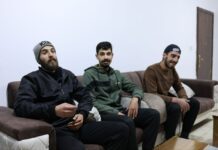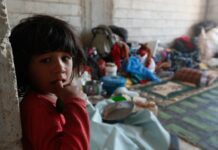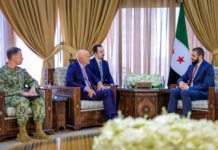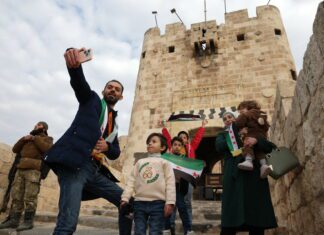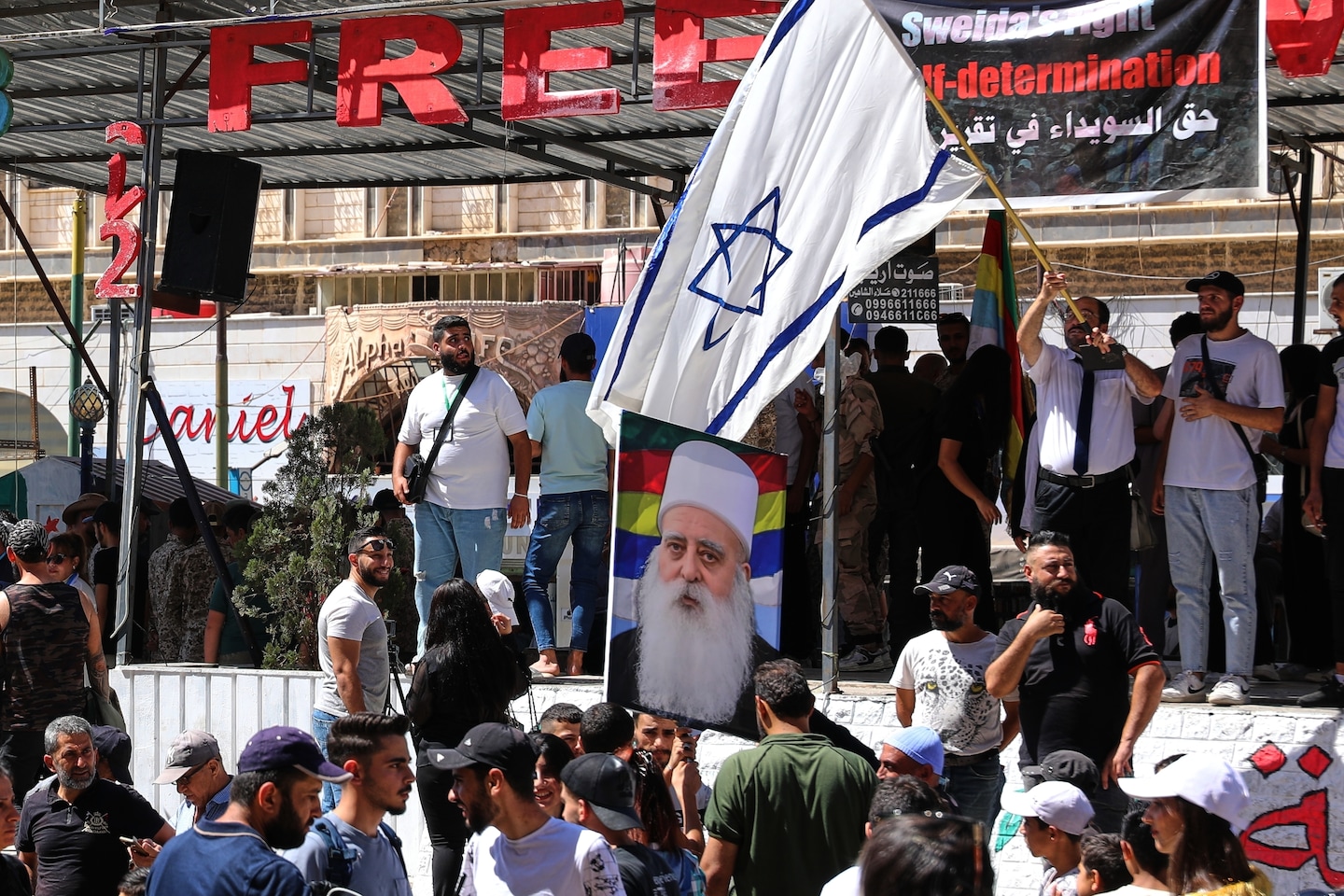 Authorities in Syria’s southern Suwayda province are struggling to restore stability and rebuild damaged infrastructure amid continued obstruction from separatist factions linked to Israel. Suwayda Governor Mustafa al-Bakour announced on Friday, October 17, that a plan to rehabilitate homes destroyed during recent unrest had begun but was progressing slowly due to a shortage of labor and interference from armed groups.
Authorities in Syria’s southern Suwayda province are struggling to restore stability and rebuild damaged infrastructure amid continued obstruction from separatist factions linked to Israel. Suwayda Governor Mustafa al-Bakour announced on Friday, October 17, that a plan to rehabilitate homes destroyed during recent unrest had begun but was progressing slowly due to a shortage of labor and interference from armed groups.
“These factions prevent residents from returning to their homes because they benefit materially from the displacement,” Bakour told local media. He said nearly 30 villages in western Suwayda were targeted by sabotage and arson, which forced many residents to flee toward Daraa and Damascus. Videos circulated on social media showed burned houses and looted shops in the affected areas.
Despite the challenges, the governorate launched a humanitarian initiative to register displaced residents wishing to return. The program is part of a larger effort to revive communities and restore essential services, with officials emphasizing that their goal is to “preserve citizens’ dignity and accelerate stabilization.”
Community Campaign Raises Millions for Reconstruction
A major fundraising drive titled “Suwayda is One of Us” concluded on October 12, raising $14.6 million for reconstruction. Governor Bakour said the funds would be used to rebuild schools, places of worship, cultural centers and housing across the province.
The initiative includes the restoration of 50 schools, 35 mosques, 50 Druze houses of worship and 15 churches, as well as plans to rehabilitate 20,000 homes and strengthen public utilities such as electricity, lighting and water systems. “The deterioration of services in Suwayda is not due to state neglect,” Bakour said, “but to local actors obstructing coordination with the government.”
Humanitarian convoys carrying food, fuel and building materials have begun entering the province through Damascus and Daraa routes, part of ongoing efforts to normalize economic activity.
Separatist Influence and Foreign Links Fuel Unrest
Even as reconstruction advances, unrest continues to grip parts of Suwayda under the influence of armed groups loyal to Sheikh Hikmat al-Hijri. Hijri’s “National Guard,” which includes about 30 local factions, has clashed repeatedly with government forces. Local sources reported cautious calm on October 16 following exchanges of fire between the National Guard and security units near the villages of Walga and Rima Hazem.
Hijri has courted controversy for using the Hebrew term “Mount Bashan” to refer to Jabal al-Arab in public statements—a move widely interpreted as an attempt to appeal to Israel. His followers have raised Israeli flags during demonstrations calling for “independence” from Damascus and the opening of a crossing to Israeli occupied territories.
The Syrian government continues to engage humanitarian agencies and local elders in dialogue to reduce tensions, but sporadic violence and separatist propaganda remain barriers to long-term stability. Officials say they remain committed to reintegrating displaced citizens and restoring order across the province despite these ongoing disruptions.

